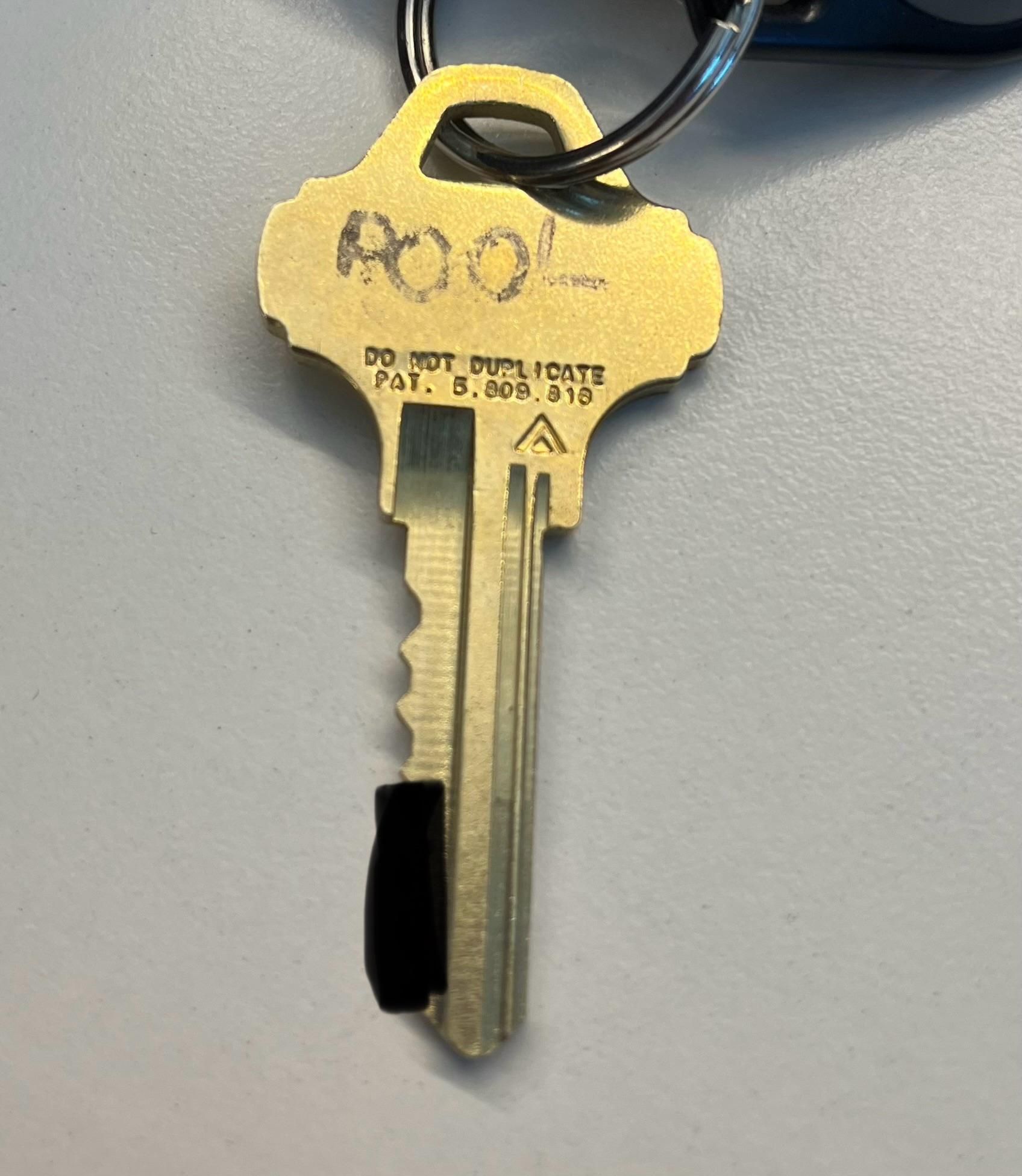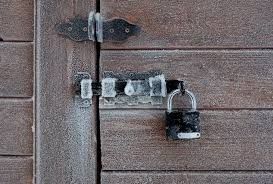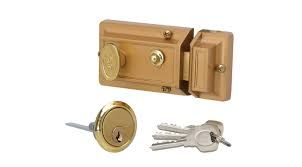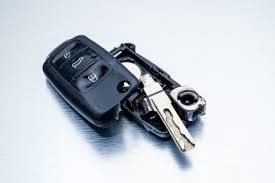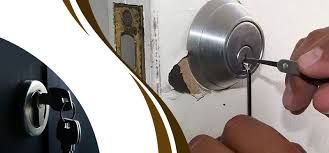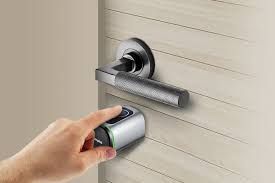Common Myths About Locksmiths Debunked
Locksmiths have long been shrouded in mystery. Many people view them as the ultimate key masters, capable of opening any door, safe, or car with little effort. While there is some truth to their skill, the profession is often misunderstood. Over the years, numerous myths have circulated about locksmiths, their abilities, and their ethical boundaries. These misconceptions can lead to mistrust, misinformation, and even security risks. Today, we’re setting the record straight by debunking the most common locksmith myths.
Can You Copy a Key That Says ‘Do Not Duplicate’?
Myth #1: Locksmiths Keep Copies of Your Keys
One of the most persistent myths is that locksmiths keep copies of every key they make. This couldn’t be further from the truth. Professional locksmiths abide by strict ethical and legal guidelines. When they cut a key, it’s for the customer’s use alone.
If locksmiths were keeping copies of keys, there would be no trust in the industry. The reality is that locksmiths rely on repeat business and word-of-mouth referrals. Their success depends on professionalism, not shady practices. If you’re concerned about security, consider high-security keys that require identification and authorization for duplication.
Myth #2: Locksmiths Can Open Any Lock Instantly
Hollywood has done a great job of making locksmiths look like magicians. In movies, a character picks a lock in mere seconds using nothing but a hairpin. In reality, picking a lock requires skill, experience, and patience. Some locks can be opened quickly, while others—especially high-security models—take much longer.
Additionally, modern locks are designed to resist picking. Many use complex mechanisms or electronic security features that make traditional lockpicking nearly impossible. Locksmiths are problem solvers, but they don’t have a magic wand.
Myth #3: Locksmith Services Are Only for Emergencies
When most people think of locksmiths, they imagine being locked out of their house or car. While emergency lockouts are a big part of the job, locksmiths offer many other services. They install new locks, upgrade home security, provide keyless entry systems, and even rekey entire properties.
In fact, waiting for an emergency to call a locksmith can cost you more in the long run. Regular security assessments can prevent break-ins, lost keys, and the need for urgent, costly repairs. Locksmiths are security professionals who can help you stay ahead of potential threats.
Myth #4: Locksmiths Are Expensive
Some people believe locksmith services come with an outrageous price tag. While emergency services can be costly—especially in the middle of the night—regular locksmith services are quite affordable.
Think about it: a skilled professional is providing a highly specialized service, often with years of training. Many locksmiths offer competitive pricing, and their services can actually save you money by preventing burglaries, costly damage, and lost access to valuable possessions.
If you’re worried about cost, get quotes in advance and ask about pricing for non-emergency services. Many locksmiths offer package deals for home security upgrades.
Myth #5: All Locksmiths Are the Same
Not all locksmiths are created equal. Some specialize in residential locks, others in automotive security, and some focus on commercial properties or safes. Additionally, not all locksmiths are licensed or certified.
Reputable locksmiths undergo rigorous training and continue to update their knowledge as security technology evolves. Before hiring a locksmith, check their credentials, reviews, and experience. A good locksmith will be transparent about their skills and services.
Myth #6: Locksmiths Can Legally Duplicate Any Key
While locksmiths can duplicate most keys, some high-security keys are legally protected against unauthorized duplication. Patented key systems, like Medeco or Mul-T-Lock, require proof of ownership and authorization for copies.
If your key is labeled “Do Not Duplicate,” a professional locksmith will follow ethical guidelines and refuse to make an unauthorized copy. This is why it’s important to work with a reputable locksmith who respects legal and security boundaries.
Myth #7: Smart Locks Make Locksmiths Obsolete
With the rise of smart locks and digital security systems, some believe that locksmiths are becoming irrelevant. In reality, locksmiths have adapted to technological advances and now specialize in installing, repairing, and troubleshooting smart locks.
Many smart locks still have mechanical components, and they aren’t immune to malfunctions. Locksmiths provide vital services for homeowners and businesses using electronic security, ensuring that digital locks remain secure and functional. If anything, locksmiths are more relevant than ever in the modern security landscape.
Conclusion: Trust the Experts
Locksmiths play an essential role in security, but myths and misconceptions can prevent people from seeking their expertise. Whether you need emergency assistance, a home security upgrade, or advice on the latest lock technology, a skilled locksmith is your best resource.
By debunking these common myths, we hope to shed light on the truth about locksmiths and their profession. The next time you hear a locksmith-related rumor, remember: reality is often much more reassuring than fiction.
Call Us Any Time!
